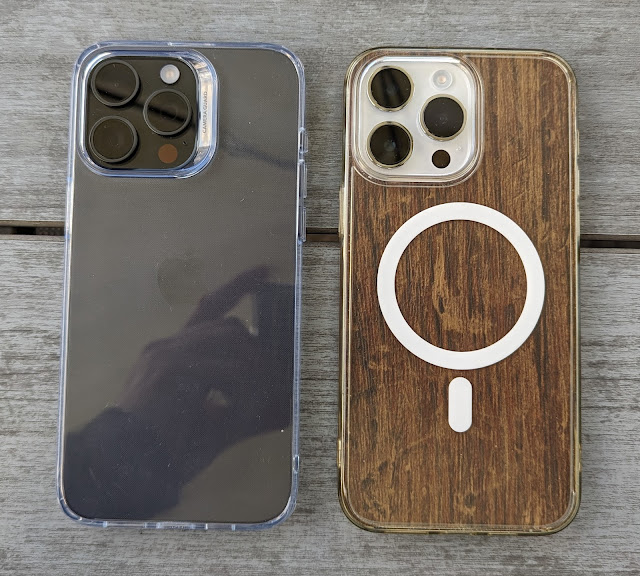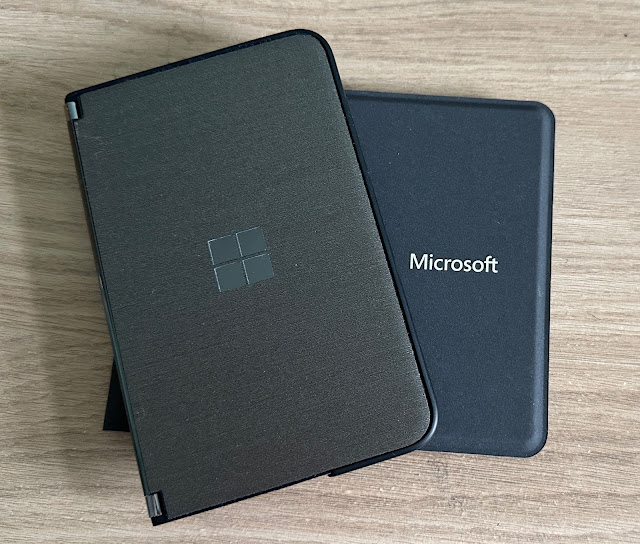Playing Russian Roulette and Folding Phones
Folding phones have been very exciting to me as a geek, goodness knows I’ve owned or reviewed enough of them, but the physicist in me has always been sceptical. Glass isn’t supposed to bend and fold, and as for the intricate hinges, the less moving parts in a consumer device, the better.
My friend Shane Craig’s latest video sheds light on the way manufacturers are not standing fully behind the tech, leaving you and I in the lurch. If the folding glass breaks and there are no signs of external impact (i.e. a drop) then it's always the fault of the tech, its inherent physical design and fragility.
So for manufacturers to turn round and say 'Oh, no, broken screens aren't covered under our warranty' is utterly ridiculous. They were the ones who invested millions into developing products using folding glass and they need to follow through with the usual warranties and support. If only so that the customer won't dismiss the brand when choosing the next device, whether folding or not.
My friend Shane Craig’s latest video sheds light on the way manufacturers are not standing fully behind the tech, leaving you and I in the lurch. If the folding glass breaks and there are no signs of external impact (i.e. a drop) then it's always the fault of the tech, its inherent physical design and fragility.
So for manufacturers to turn round and say 'Oh, no, broken screens aren't covered under our warranty' is utterly ridiculous. They were the ones who invested millions into developing products using folding glass and they need to follow through with the usual warranties and support. If only so that the customer won't dismiss the brand when choosing the next device, whether folding or not.
Now, I love my current (PR loan) Google Pixel Fold. The size and aspect ratio are perfect, the mechanism apparently solid, the performance and cameras excellent, and so forth. However...
Owning a folding phone is, I contend, like playing Russian Roulette 20 times a day. With a one in ten thousand chance every single time that the folding glass will crack. So do you feel lucky, punk? Well do you?
Folding phones (at least, the 'book style' ones, where a traditional phone form factor opens out into a mini-tablet) have always been niche. A geek niche. Where said geeks have disposable income and can afford to be screwed around by manufacturers when it comes time to repair broken folding glass.
Folding phones like this will never be mainstream. Like the bumble bee, they go against the laws of physics and common sense. And breaking those laws has a cost, both in purchase and in repairs. OK, so the bumble bee flies, and the Pixel Folds and Galaxy Folds of this world do work, and sometimes quite well. But they're not exactly elegant from a display resources and mechanics standpoint.
Folding phones like this will never be mainstream. Like the bumble bee, they go against the laws of physics and common sense. And breaking those laws has a cost, both in purchase and in repairs. OK, so the bumble bee flies, and the Pixel Folds and Galaxy Folds of this world do work, and sometimes quite well. But they're not exactly elegant from a display resources and mechanics standpoint.
I predict that we’ll look back in a decade, in 2034, and consider the early 2020s to have been a quirky time in technology when manufacturers tried phones and tablets that could fold. And will be viewed in the same perhaps-rose-tinted light as keyboarded phones from the Nokia and Blackberry era are today.



Comments